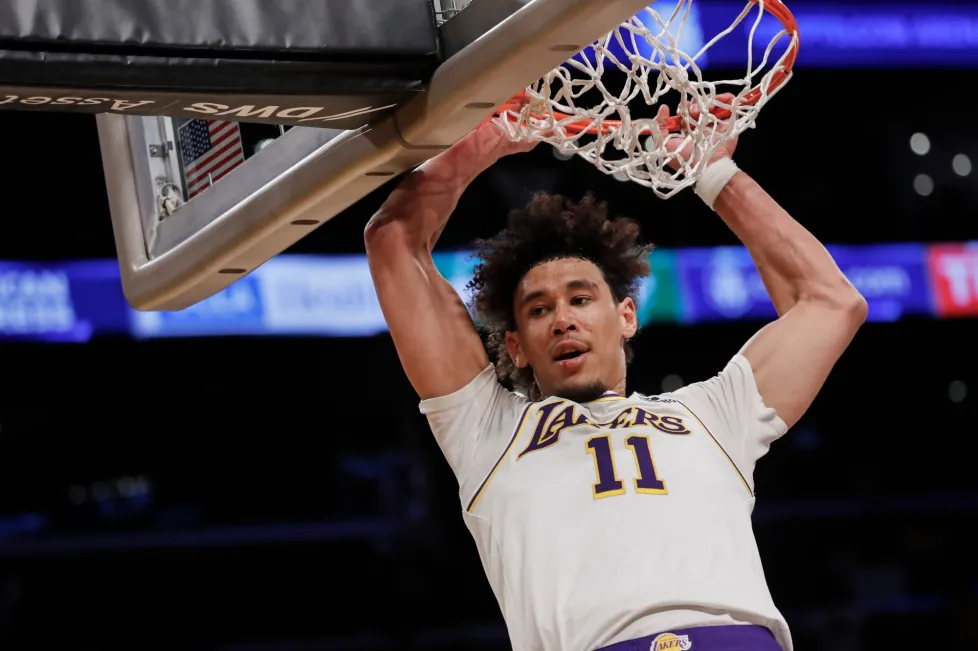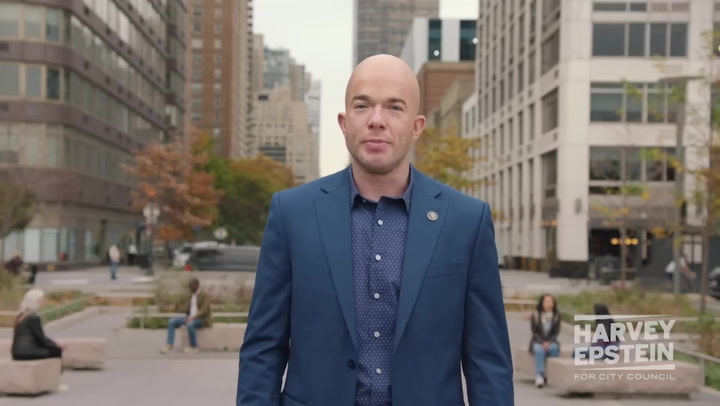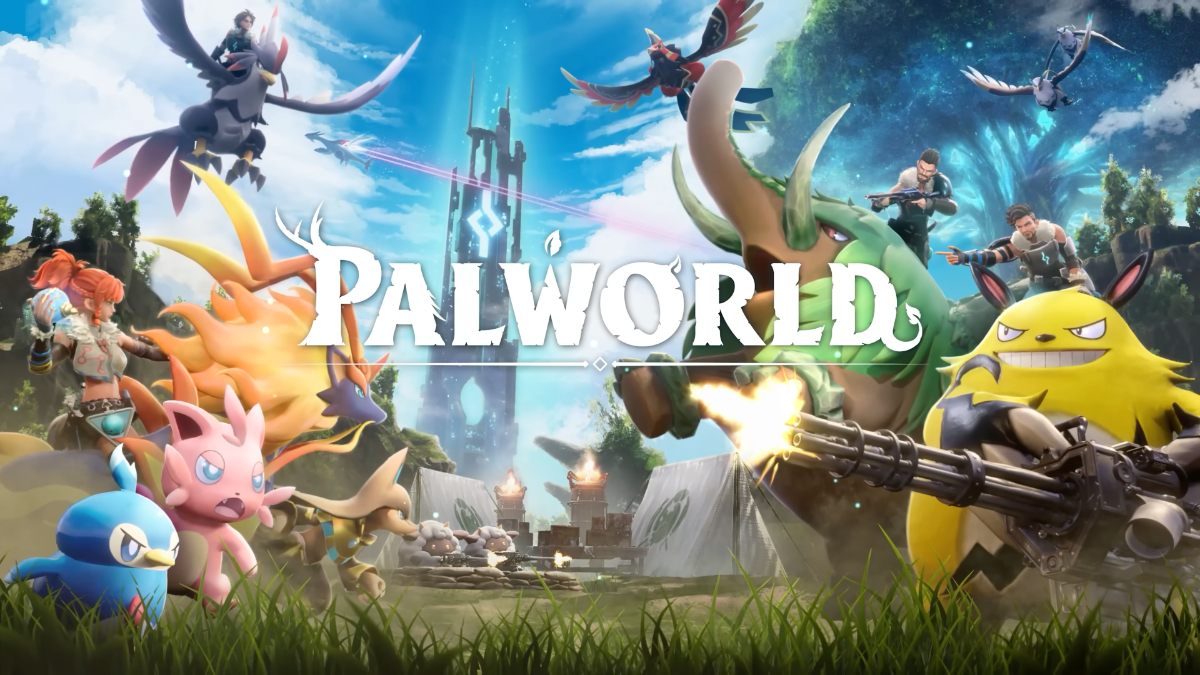
Nintendo and The Pokémon Company have recently escalated their battle against perceived threats in the gaming world by filing a patent infringement lawsuit against Pocketpair, the developer of the popular game Palworld. This legal action raises significant questions about innovation and intellectual property in the gaming industry.
The lawsuit, initiated in Tokyo District Court, was prompted by copyright concerns linked to the mechanics utilized in Palworld, particularly those resembling the iconic Pokémon games. Intellectual property experts have noted that this move underscores just how seriously Nintendo takes the competitive implications posed by Palworld.
Understanding the Grounds for the Lawsuit
The heart of the lawsuit points to a claimed infringement on what has been referred to as a 'killer patent'—a legal claim concerning the mechanics of capturing creatures in a manner very similar to Pokémon. Andrew Velzen, a law expert from MBHB, emphasized that Nintendo’s strategy appears to be more focused on the patent infringements than on copyright violations, which have been more common in the industry.
While Pocketpair openly stated they are unclear about the specific patents under dispute, they are committed to pursuing a defense that demonstrates their innovation and originality. The confusion and disagreement around intellectual property can often lead to lengthy legal battles, something both companies are currently navigating.
The Comparison Between Palworld and Pokémon
At its core, the controversy stems from a considerable overlap that many have noted between Palworld's mechanics and Nintendo's legendary Pokémon franchise. Palworld does not only involve catching creatures; it also showcases a world very reminiscent of Pokémon, presenting both gameplay and visual similarities that have stirred emotions among fans and developers alike.
For example, players throw balls called Pal Spheres to capture creatures, a mechanic that closely mirrors Pokémon's approach. Such similarities raise concerns about the boundary between inspiration and infringement, leading to many discussions across gaming forums and social media platforms.
The Market Impact and Future Prospects
Despite the ongoing lawsuit, Palworld’s initial release saw remarkable commercial success, with a launch price set at $30 on platforms like Steam and a simultaneous entry into Xbox Game Pass. This success is portrayed as significant for the developing company, as noted by Pocketpair's CEO, who mentioned they struggled to cope with the booming profits from the game's popularity.
In light of this success, Pocketpair is now pursuing further expansions of the Palworld brand. They are reportedly signing deals to establish a new endeavor with Sony to create a business focused solely on the Palworld franchise.
Implications of the Lawsuit on Gaming Innovations
This lawsuit may set a precedent for how independent developers approach game design moving forward. Nintendo’s active stance against Pocketpair illustrates a marked potential for increased legal scrutiny on new games that develop systems or aesthetics inspired by existing franchises.
Moreover, with the threat posed by mobile and independent gaming titles, larger corporations like Nintendo are likely to become more aggressive in protecting their intellectual property rights. Understanding how to navigate this complex landscape will be crucial for smaller developers attempting to innovate within a competitive market environment.
Regulatory Perspectives and Industry Opinions
As the industry watches this lawsuit closely, industry experts will weigh in on the potential ramifications of regulatory decisions regarding patent claims related to gameplay mechanics. The outcome could influence how creative expression is legally defined in video gaming, impacting countless developers worldwide.
Andrew Velzen also pointed out the strategic timing of the lawsuit, coinciding with major gaming events like the Tokyo Game Show, where Pocketpair was set to unveil new developments and expansions to Palworld, including potential announcements for PlayStation platforms.
The Community’s Reaction and Looking Ahead
The gaming community’s reaction has been mixed, with many supporting Pocketpair for their creativity, while others echo Nintendo's concerns about protecting its vast intellectual property portfolio. This case represents a critical moment not only for the companies involved but also for the broader video gaming ecosystem.
Even as Pocketpair prepares for the legal battle, they continue to develop and update Palworld, showing resilience and commitment to their player base. The situation remains fluid, and many enthusiasts are eager to see how it unfolds in the coming months.



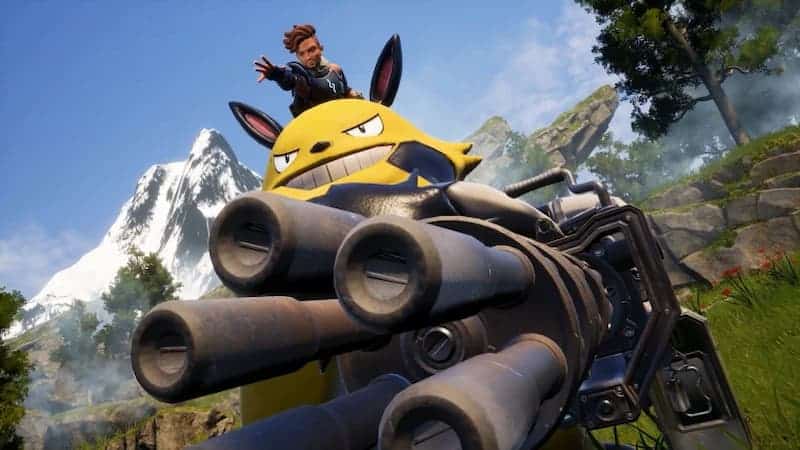
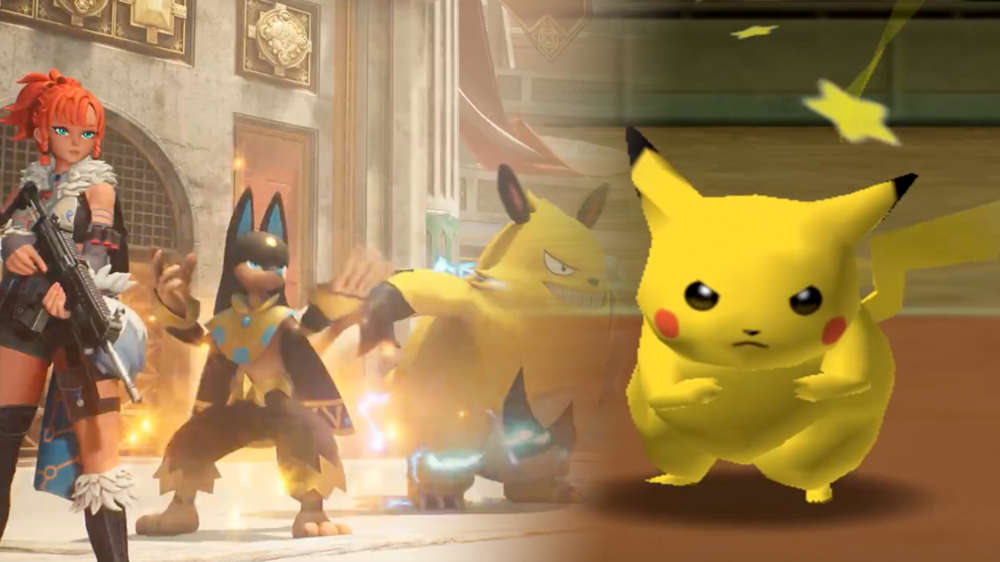
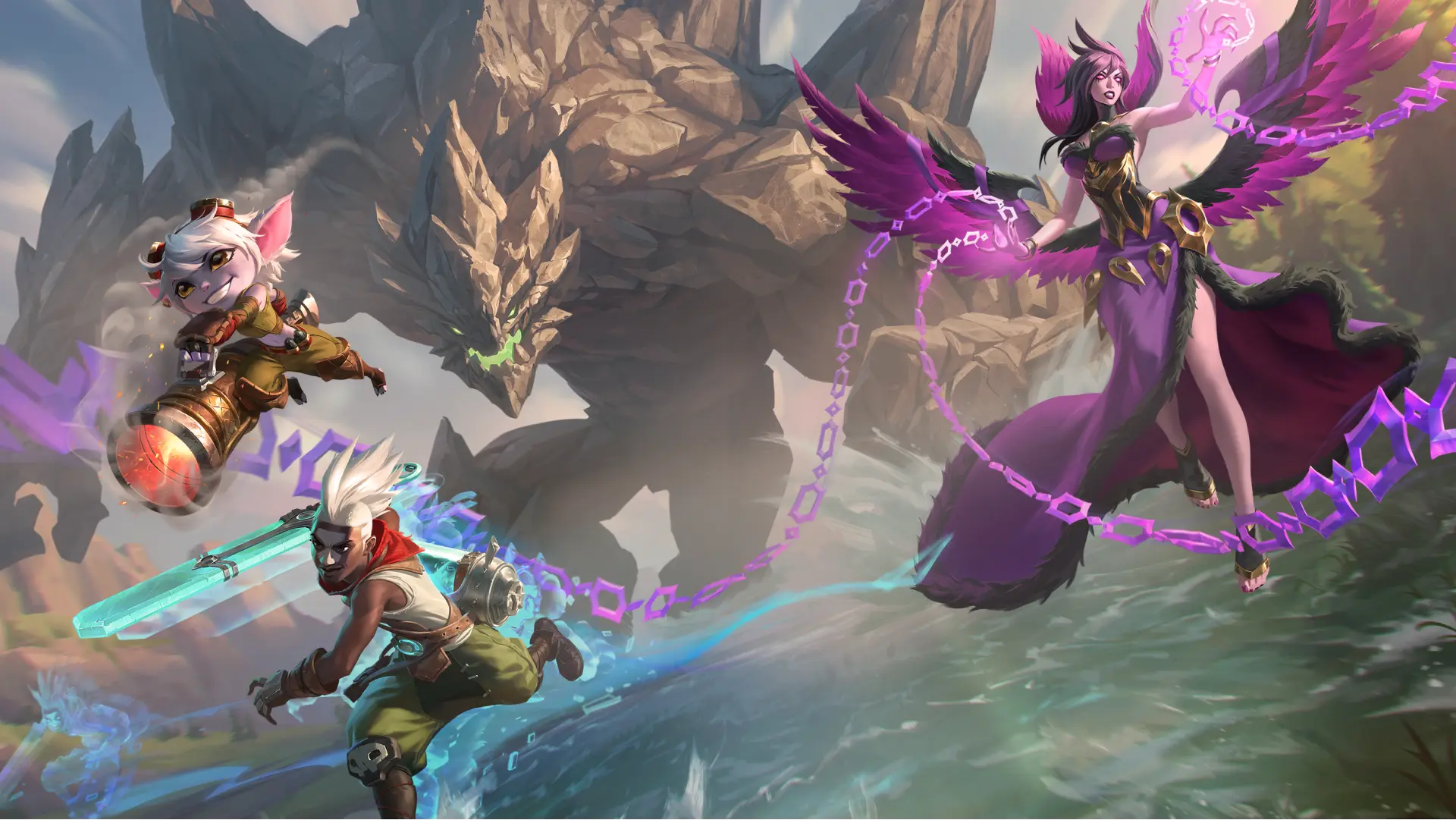
.webp)
